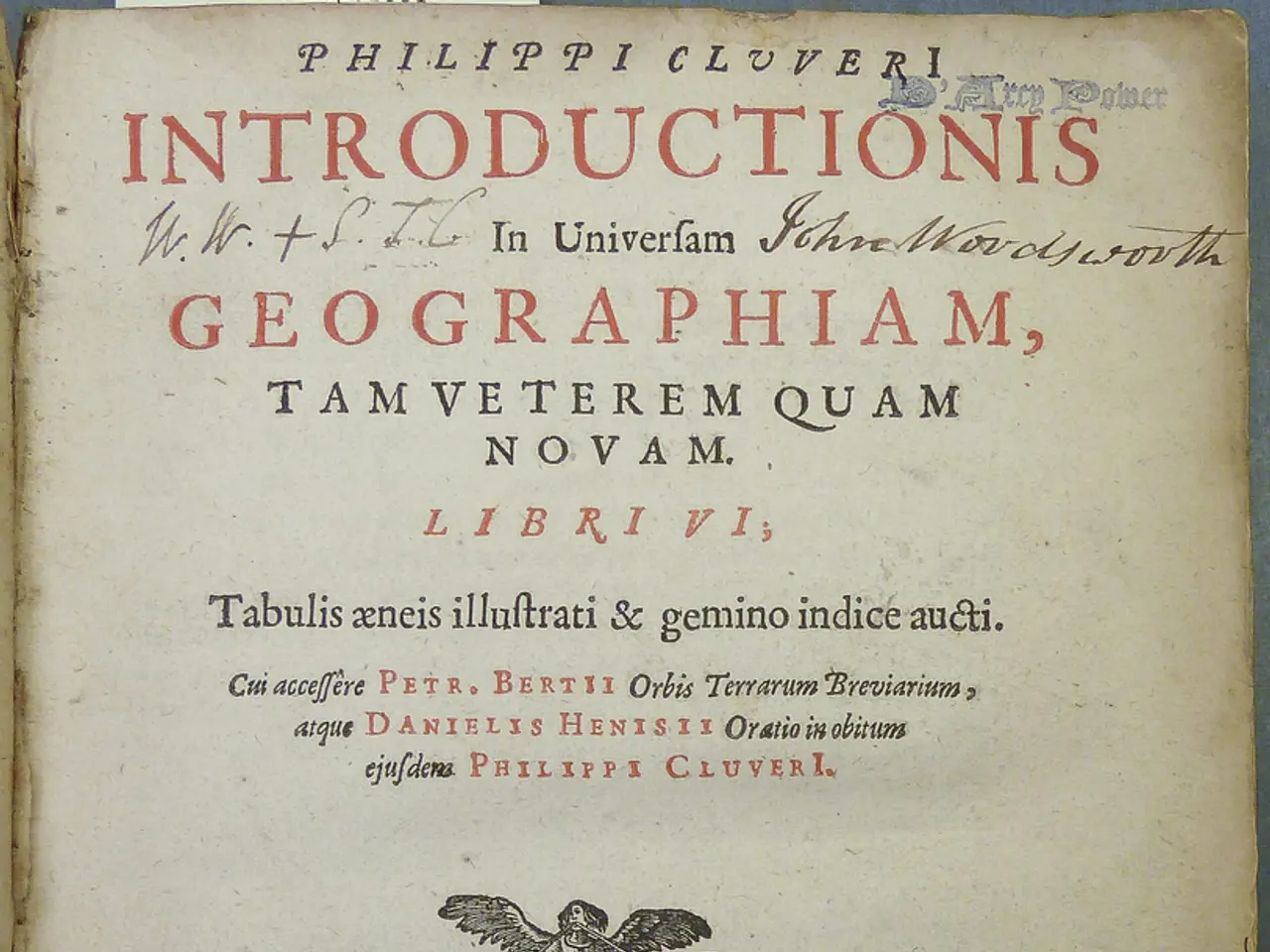Project Report and Proposal for MGSP-1 IGNOU, devoid of any plagiarism
In the pursuit of fostering rural women's development, the IGNOU MGSP-1 (Management of Gender and Social Processes) project provides a platform for students to delve into significant aspects of this critical issue. Here are ten recommended topics that align with the course objectives and current social contexts:
- Empowerment of Rural Women through Self-Help Groups (SHGs)
- Examine the impact of Self-Help Groups on the economic and social empowerment of rural women.
- Role of Microfinance in Enhancing Livelihood of Rural Women
- Analyse how microfinance schemes improve the income and quality of life for women in rural areas.
- Impact of Government Schemes on Rural Women’s Development
- Investigate the effectiveness of schemes like NRLM, MGNREGA, or other women-specific programs in rural communities.
- Women Participation in Panchayati Raj Institutions in Rural Areas
- Investigate the involvement and impact of women in local governance and decision-making.
- Skill Development and Vocational Training for Rural Women
- Assess how vocational training programs contribute to the skill enhancement and employability of rural women.
- Role of Education in the Socio-Economic Transformation of Rural Women
- Study the correlation between women’s education and their empowerment in rural settings.
- Health and Nutrition Awareness among Rural Women
- Evaluate the awareness and practices related to health and nutrition among rural women and their effects.
- Effect of Digital Literacy on Rural Women’s Empowerment
- Analyse how digital literacy programs impact the social and economic status of women in rural areas.
- Challenges Faced by Rural Women Entrepreneurs
- Identify barriers and opportunities for women entrepreneurship in rural regions.
- Role of NGOs in Promoting Rural Women’s Development
- Study the contribution of non-governmental organizations in advancing the welfare and empowerment of rural women.
Structure your project with chapters on Introduction, Literature Review, Methodology, Results and Discussion, Conclusion, and Future Work. For assistance, Literopedia offers comprehensive support and expertise in both Hindi and English, with no viva voce required for MGSP-1.
Remember to adhere to the specified formatting tips, such as using Times New Roman or Arial font, 1.5 line spacing, justified text, 1-inch margins on all sides, and page numbers at the bottom-right corner or as specified by the institution. The report should also follow a specified citation format (APA, MLA, IEEE, etc.) as per the institution.
The last date to submit the project report for the July session is May 30, and for the January session, it is November 30. The report should be submitted at the respective Regional Center, and a minimum of 40 out of 100 is required to pass. The synopsis must be signed by the supervisor, and the report is bound in spiral or softcover as per requirements. Access to sample materials and solved project samples is provided. It is also possible to change the guide with valid reasons and approval from the Regional Center.
Contact Literopedia for further assistance via phone, email, or website. Good luck with your project!
In the literature review chapter of the MGSP-1 project, explore the role of education, particularly online education and learning platforms, in furthering the socio-economic transformation of rural women, as documented in various studies and resources.
The conclusion of the project should highlight the significance of education and self-development in rural women's development, drawing on findings from the literature review, empirical research, and case studies in the field of online education.




